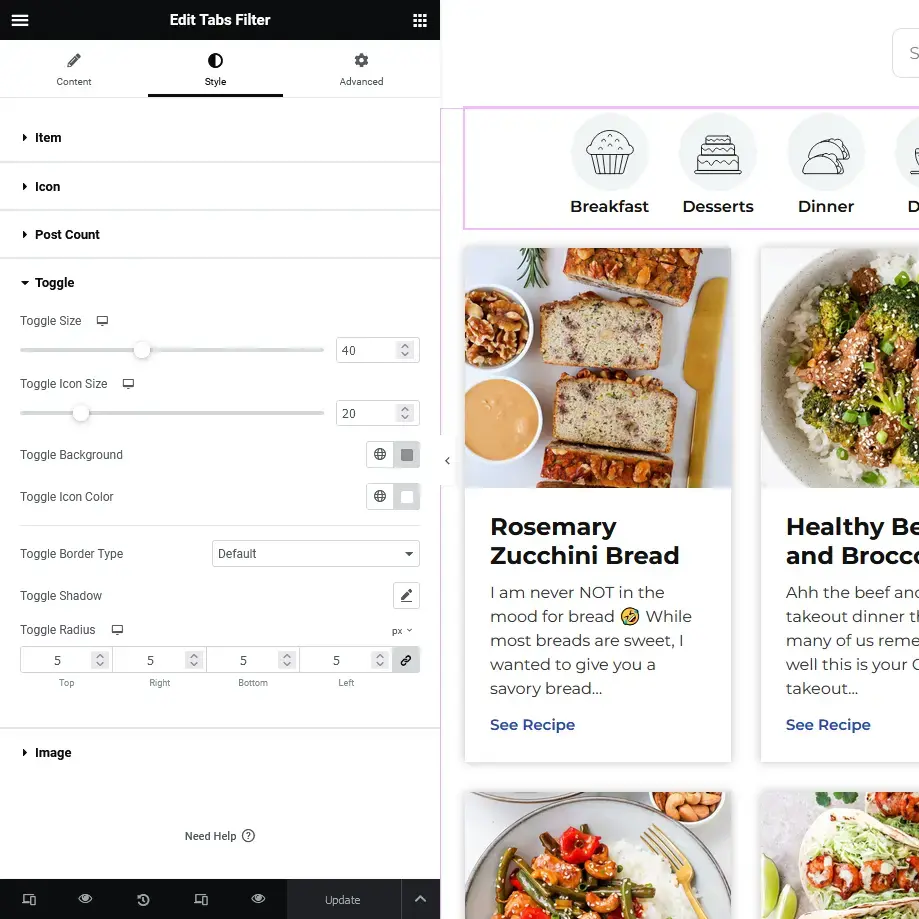Built in WordPress
Built in WooCommerce
Creating Sites
There are many ways to build an online presence that represents your business. With all the options available –all the various platforms, software, and funnels—why choose WordPress?
It's really about microeconomics. If you choose it before anything else, you automatically get a more productive site. Its popular and versatile status works well with many different technologies and integrations, making it a flexible, adaptable tool for any online business.
Squarespace
Wix
WordPress


According to Google, speed is a significant ranking factor. Google made it their mission to fix the problem of poorly-designed platforms by “de-emphasizing” slow properties: moving them down or off the page in search results.
While there are many issues that can slow things down, there are 3 primary contributors to loading speed:
Many WP websites are clunky and poorly developed. Because of this, we prefer lightweight options like Elementor's Hello theme or skipping it altogether with builders like Breakdance or Oxygen.
It’s important to be cautious when using themes and plugins; they can get bulky and create bloat in the database. Templates should be used as a guide to help build a leaner, faster, better-performing online resource. Page builders play a big role in slowing speeds.
Finally, hosting is an important factor in speed as well. A cheap, shared host will be slow, especially if there are a lot of videos, images, or high traffic.
How does hosting work for or against speed?
As users browse, they’re making a request for information from your website. That information is located on the remote server.
The time it takes for your web page to load depends on the user’s computer speed, and the speed of your web hosting servers. Web hosts execute thousands of different pieces of code to display a single page. The amount of space and ability they have to do that affects speed.
Our team prefers to use the following software for domain and web hosting:




"Jeremy was great to work with and did an excellent job on our website. He is very responsive, supportive and detail orientated."

"Jeremy is the man. Excellent work, communication, and follow through. I only wish I had found him sooner. Highly recommend for anyone looking for help with their wordpress sites."

"Great to work with. Walks you through the whole process and shows you how to run your website without all the extra fees."